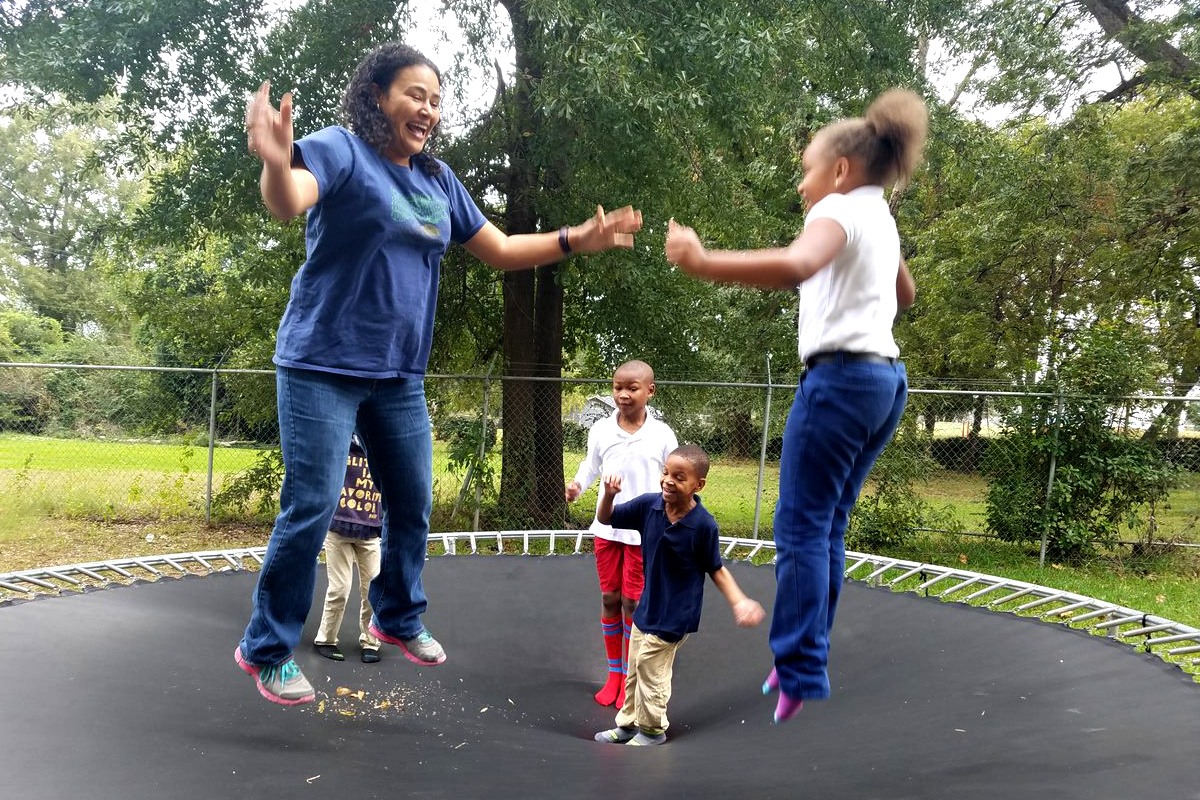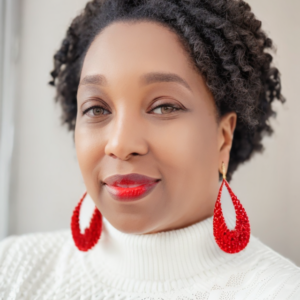JACKSON, Miss.—As an eighth-grade Chastain Middle School student, Brooke Floyd sat in the living room of her mother’s teaching colleague. The ladies, who taught on the same team at Brinkley Middle School, had finished lesson-planning and moved on to discussing the current state of education: mainly then-Gov. Kirk Fordice’s public announcement that he would not support fully funding public education.
“I think I should put a protest together,” Floyd told them, speaking up.
The adults looked at her incredulously, not truly believing that the teenager was serious.
“Well, I think if the kids show up, it’ll be different,” Floyd continued. “If we get the kids there to do this, it’s gonna it’s a—it might be a bigger deal.”
The next day, Floyd went to her middle school and gathered a group of friends to participate. She used the phone book to contact the counselors in the Jackson Public School District, soliciting the help of those schools’ student-government presidents. The group decided to hold the protest on the steps of the Mississippi Capitol.
Floyd created a protest agenda with the help of the Mississippi Association of Educators president. With everything arranged, she sent notice to the local news stations.
On the day of the protest, students gathered at the foot of the steps of the Capitol after the school day ended. They carried signs with slogans like “Fordice Gambles with our Education” and “Fund our Future.” SGA presidents from Murrah and Forest Hill spoke to the more than 200 students gathered. Students in cheerleader uniforms shook pom poms, and the drumline from another high school provided music between the chants of “We want money for education, and we want it now!”
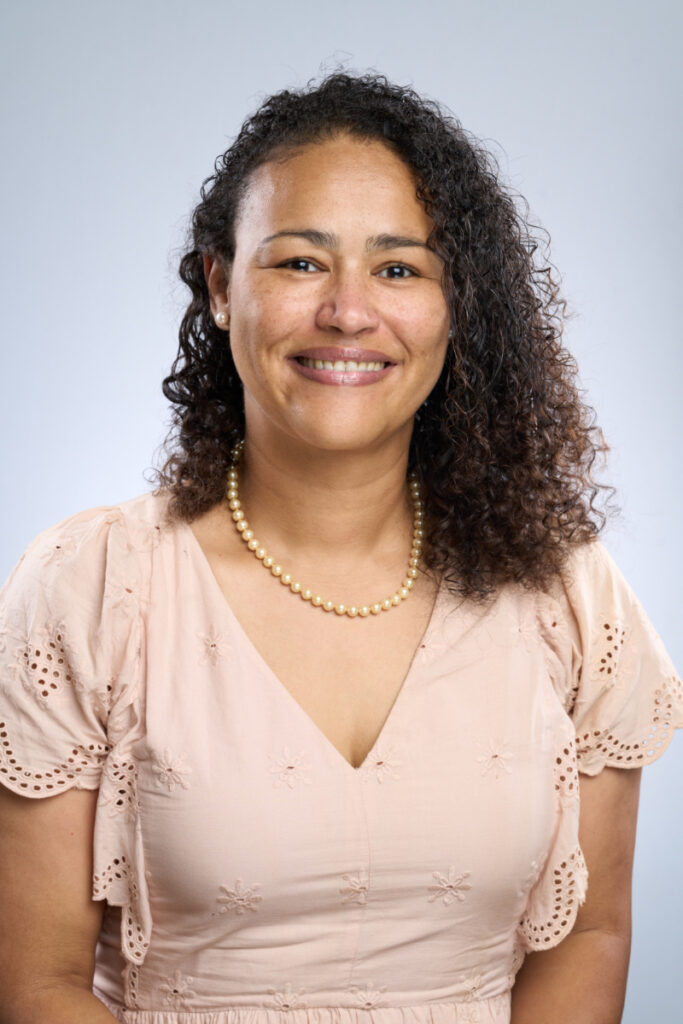
Floyd remembers thinking that afternoon that what she and her peers were doing was important and that they all knew it.
“It really showed me that, number one, people underestimate young people, and I think they do not use them to their full capacity,” she said. “I don’t know why that is because every major movement in our history has been fueled by young people.”
“There’s always this pushback at first when young people try to rise up or speak out, and I don’t understand that because usually they are the group of people with the best ideas, fresh eyes and fresh perspectives,” Floyd continued. “They’re also the people that usually call a foul immediately when something is wrong because they’re most likely coming with a pure heart.”
‘Armed with Knowledge’
As a biracial girl growing up in the South, Brooke Floyd learned of inequities at an early age. She was often the brunt of bullies who liked to tease her about her racial identity. One incident connected her and Rukia Lumumba as friends for life.
“I remember that she was being teased, and they were calling her an Oreo,” Lumumba, an organizer and sister of the Jackson mayor, said. “I got up to defend her.”
Those early moments removed a bit of her innocence.
“I was always very aware that the world wasn’t this, you know, great little bubble where everybody had food, everybody had housing, and everybody had a mom and daddy at the house that was nice to them,” Floyd said. “I think that charge (to help) was on me through my faith and how I was raised.”
Floyd, in her capacity as Murrah High School student body president, staged a walkout after the superintendent made public comments causing the school to develop the stigma that gang activity ran rampant. She convinced her peers to protest on the front walkway and called a press conference to refute the negative views of her high school.
While attending the historic Tougaloo College, Floyd delved deeper into community work, volunteering with Stewpot Community Services. She remained there as a volunteer and then employee for 23 years.
“It is part of our humanity to help those in need and to arm them so they can help themselves,” Floyd said. “People don’t want to live in horrible conditions. Nobody wants that, and they don’t necessarily want somebody to give them everything either. People wanna be armed with the knowledge and the resources themselves.”
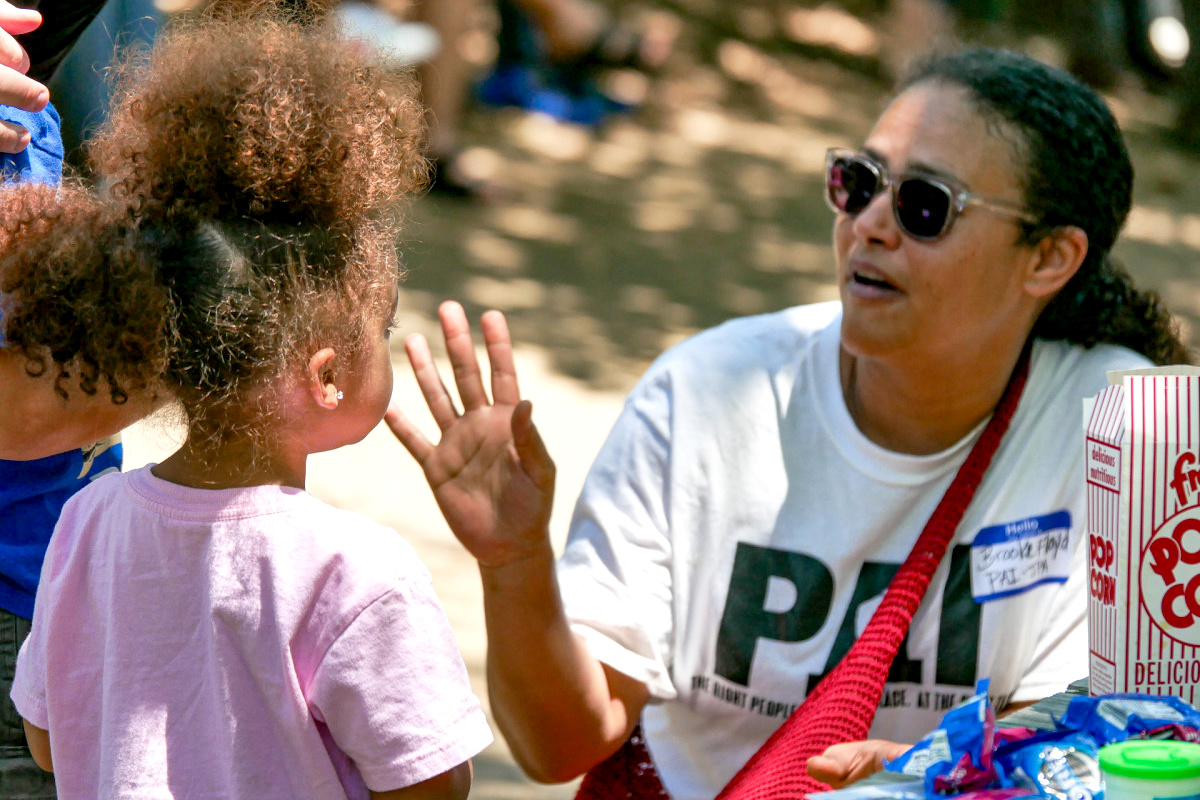
In October 2021, Floyd began a position as the coordinator of the Jackson People’s Assembly at the People’s Advocacy Institute, a nonprofit community resource specializing in training and capacity-building for transformative justice. Her primary responsibility is organizing assemblies that promote co-governance.
“Our main purpose is to give people access to information about government and how it works to get them involved in their government and the processes of it,” Floyd told the Mississippi Free Press. “Also to help them come up with real plans to solve the issues that are affecting them the most.”
Rukia Lumumba, executive director of the People’s Advocacy Institute, encouraged Floyd, who has been with the group for a year now, to find further professional learning opportunities.
“Community Coalition started as a people’s assembly when it started in the ’80s. They instituted one of LA’s first people’s assemblies in South L.A.,” Lumumba explained. “Having known the history of Community Coalition and their commitment to co-governance, it was really important that Brooke had the opportunity to learn from an institute and also teach members of that institute about the work that is going on here in Mississippi. (It is) also important that she learn about the purpose and intent of assemblies so that she can realize them to their full potential.”
In her year with the People’s Advocacy Institute, Floyd has organized two community conversations on violence, a youth assembly and an assembly for caregivers who have lost their kids to gun violence.
“She is really a connector and a resource and voice for so many folx,” Lumumba said. “She has really increased our capacity to reach more folks, more community members, and really attend to folks’ needs.”
Floyd has gained considerable knowledge from the fellowship that she now brings back to her work in Jackson and the state.
“Even though I have been in the community for 20-plus years doing work, I did not consider myself an organizer, so there are parts of that that you need to know,” she added. “There’s steps to it. There’s an art, and there’s a science. I’m a person that loves to learn. I like to be an expert when I’m doing something.”
Developing Black and Brown Leadership at the Grassroots Level
The Community Coalition, or CoCo, was founded in 1990 to thwart the devastation of the crack cocaine epidemic in south Los Angeles. The rise of drugs disproportionately affected Black and Brown families as substance abuse prompted the removal of children from homes, trauma related injuries increased, and the prison system was flooded with users.
“The organization for the last three decades has really focused on rebuilding the community and involving everyday people through community organizing,” Aurea Montes-Rodriguez, the executive vice president of CoCo, said.
“(Those) people can be at the center of driving change and solutions that place children, families, and community at the center of those solutions that move away from criminalizing residents and families for what has really been a public-health crisis and the private disinvestment in communities like south Los Angeles.”
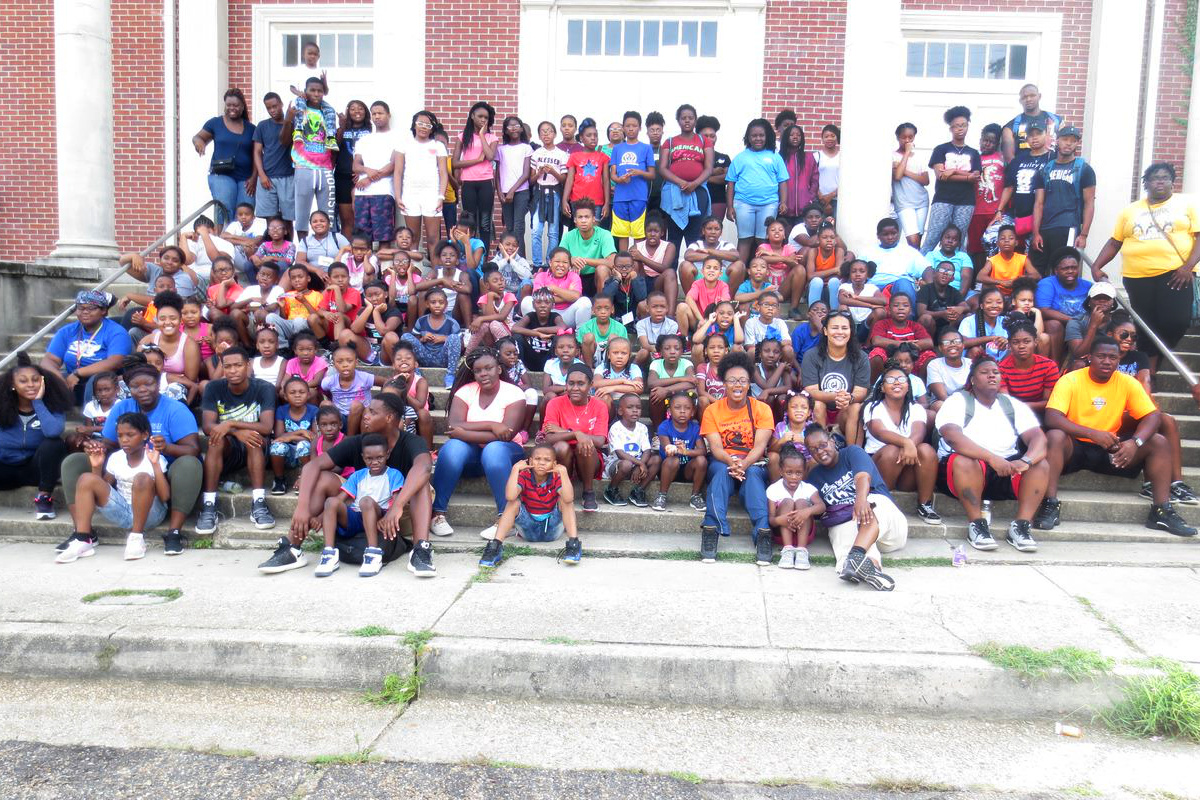
With three decades of assisting Black and Brown people in south Los Angeles, the Community Coalition began reflecting on the lessons that the organization has learned, the issues that remain and options for how they can expand their work on a national level.
“(We began) thinking about what the community was going through such as demographic change and thinking about whether the organization would expand and grow regionally or nationally,” Montes-Rodriguez told the Mississippi Free Press via Zoom.
“One of the things that we learned through an assessment we did where we talked to residents, allies, other stakeholders in the area, donors and vendors was that what was unique to Community Coalition is that we have, from the very beginning, been multiracial and focused on local power building,” she continued. “We (then) talked to allies in other places in the country, and they shared with us that their political contest was very different.”
From these conversations, CoCo decided to create the Center for Community Organizing. The center will train cohorts of organizers from across the nation in CoCo’s distinctive model of power building. The goal is to spread the organization’s success in developing Black and Brown leadership at the grassroots level.
“We really wanted to begin with the vision of the center because, again, as a Black and Brown organization, we do believe that an organizing school can invest in training the next generation of Black, Indigenous (and) people of color organizers who are committed to transforming social and economic conditions and advancing equity and opportunity in multi-ethnic communities,” Montes-Rodriguez added.
‘They Provided Me with Hope’
The program garnered the attention of Rukia Lumumba, who recommended that Floyd look into the program. Floyd immediately found similarities between south Los Angeles and Jackson.
“They deal with the same things,” Floyd said. “It’s the same backlash. They’re up against the same things, and if they can do it there, we can do it here. They provided me with hope.”
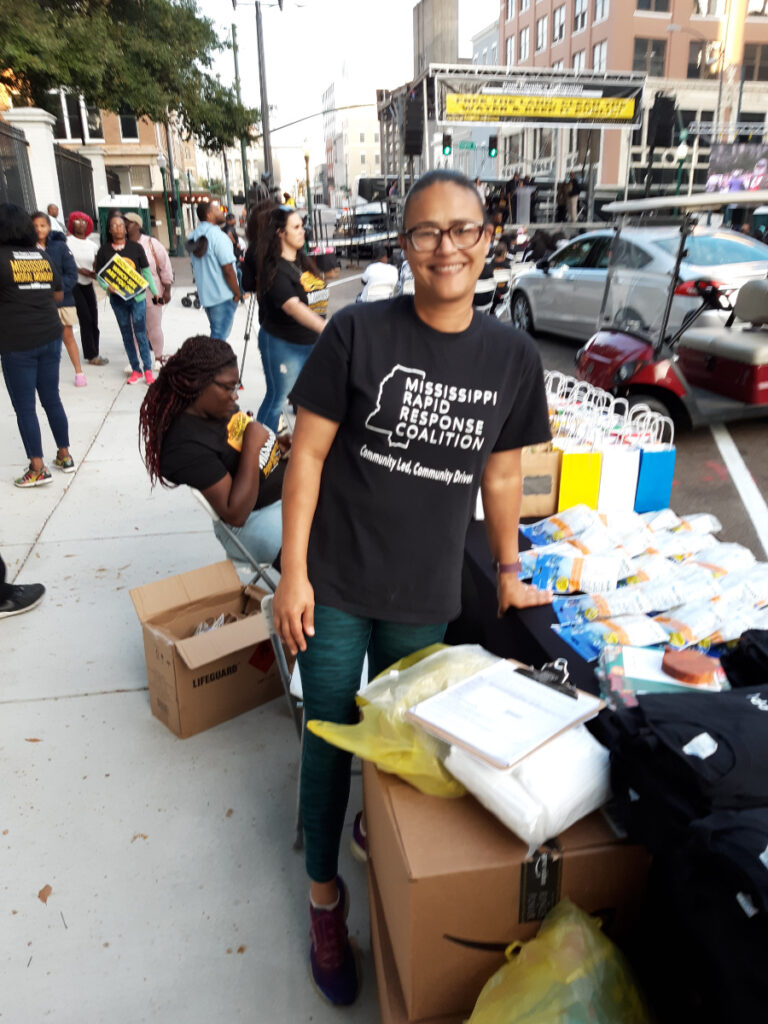
Those commonalities propelled Floyd to apply for the organization’s inaugural National Organizing Fellowship. The fellowship, which began in mid-July with 13 cohort members, included a week-long in-person training with experienced Los Angeles community organizers such as Congresswoman Karen Bass. The fellowship ran for 12 weeks with an initial in-person event and weekly Zoom meetings from speakers such as Equity and Transformation Founder and Executive Director Richard Wallace from Chicago.
Participants complete assignments geared toward the field work that they are organizing in their community and have the support of a coach who ensures that the work is timely and relevant to the participants’ current occupations.
“When you are focused on long-term transformative change, the peer work and peer learning is (what) I think will benefit the areas that we’re working in beyond the 12 weeks of the program,” Montes-Rodriguez said. “The goal is that the fellowship will help us build groups of alumni that are gonna be focused on local power building and long-term formative change in the areas that they live.”
Passionate about enacting change in Jackson, Floyd has observed the problems plaguing the metro area but also recognizes its potential. She is confident that this fellowship has equipped her with more tools to move the city forward.
“What has happened in Jackson, as well as many other cities in Mississippi, is not unique; it’s unacceptable,” she said. “There are babies in this city that don’t have enough food and don’t have quality housing. They are not receiving the education that they deserve. They don’t have clean water. That’s not acceptable to me.”
“I have been fighting my whole life for the children here, and I’m not going to stop,” Floyd continued. “What Community Coalition has done has armed me with the knowledge and the skills to make a bigger impact and lasting impact.”
For more information on the Community Coalition and its programs, visit cocosouthla.org.

